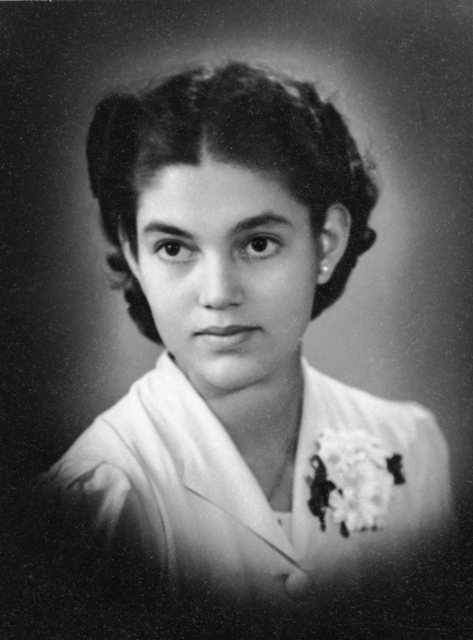Yun, Tu-ri, 1928-2008
Enlarge text Shrink text- 윤두리 [=Yun, Tu-ri]; 1928-2006; fromer comfort woman ( (Site: Wikipedia, viewed September 9, 2020) )
Comfort women were women and girls forced into sexual slavery by the Imperial Japanese Armed Forces in occupied countries and territories before and during World War II. The term comfort women is a translation of the Japanese ianfu (慰安婦), a euphemism that literally means "comforting, consoling woman". During World War II, Japanese troops forced hundreds of thousands of women from Australia, Burma, China, the Netherlands, the Philippines, Japan, Korea, Indonesia, East Timor, New Guinea and other countries into sexual enslavement for Japanese soldiers; however, the majority of the women were from Korea. Many women died due to brutal mistreatment and sustained physical and emotional distress. After the war, Japan denied the existence of comfort women, refusing to provide an apology or appropriate restitution. After numerous demands for an apology and the revelation of official records showing the Japanese government's culpability, the Japanese government began to offer an official apology and compensation in the 1990s. However, apologies have been criticized as insincere by some victims, advocacy groups, and scholars. Many Japanese government officials have continued to either deny or minimize the existence of comfort women. Estimates vary as to how many women were involved, with most historians settling somewhere in the range of 20,000–200,000; the exact numbers are still being researched and debated. Originally, the brothels were established to provide soldiers with a sexual outlet, to reduce wartime rape and the spread of venereal diseases. The comfort stations, however, had the reverse effect of what was intended—it increased the amount of rapes and increased the spread of venereal diseases. The first victims were Japanese women, some of whom were recruited by conventional means, and others who were recruited through deception or kidnapping. The military later turned to women in Japanese colonies, due to lack of Japanese volunteers and the need to protect Japan's image. In many cases, women were lured by false job openings for nurses and factory workers. Others were also lured by the promises of equity and sponsorship for higher education. A significant percentage of comfort women were minors.
Read more on Wikipedia >
 Personality
Personality











